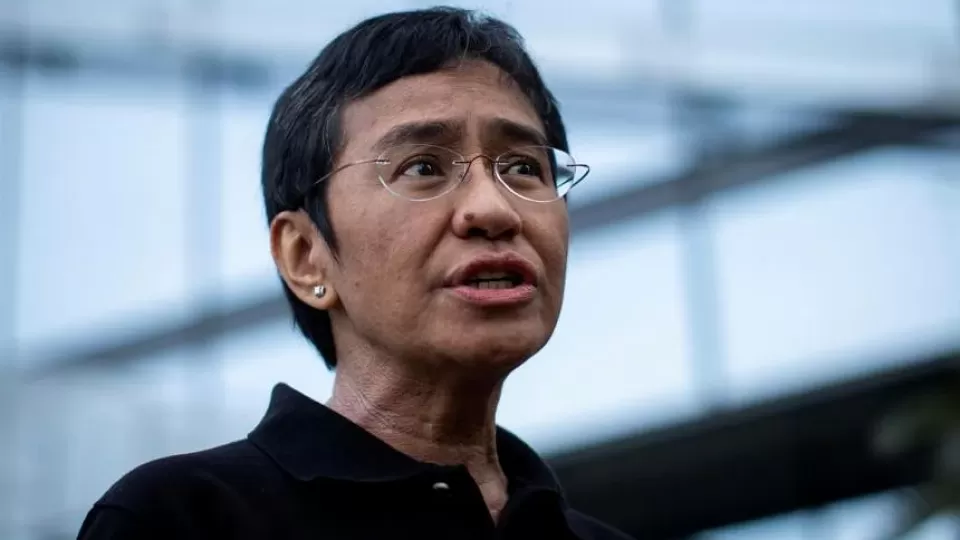July 1, 2022
SINGAPORE – Using just 26 fake social media accounts, Nobel Peace Prize laureate Maria Ressa was able to spread falsehoods to over three million unsuspecting users and influence their views in a study she conducted.
With legal systems around the world unable to adequately punish perpetrators of falsehoods, “online impunity is real-world impunity”, she told journalists at a conference on Tuesday (June 28).
The Filipino-American veteran journalist and co-founder of news site Rappler told her audience it is “time for journalists to understand tech well enough that we can actually create a public sphere we can live in, that democracy can live in”, instead of waiting for legislation and laws to catch up with reality.
Touching on how fake online accounts have a real-world impact, she also expressed worry for the “more than 30 elections in the world” being conducted this year.
Ms Ressa has been a long outspoken critic of the Philippine’s immediate past Duterte administration, and has also reported on the role misinformation had on incoming president Ferdinand Marcos Jr’s election win.
She shared that Rappler had just been ordered by the Philippine government to shut down, on the basis of it violating the Philippine Constitution’s limit on foreign ownership of media companies.
She noted that in Russian information warfare, the goal was “not to make people believe one thing… (but instead) to make them distrust everything”. This erodes trust in the media – even credible outlets, she said.
Her fellow panellist Ansgar Graw, Asia media programme director at German think-tank Konrad Adenauer Stiftung, said “a lack of trust in the world, as well as a lack of trust in the media, is arguably the strongest weapon of the enemies of democracy”.
They were speaking at a panel discussion at the East-West Centre International Media Conference in Hawaii – a three-day conference for journalists from the US and Asia-Pacific that began on Tuesday.
Its focus this year is on the media’s role in rebuilding public trust and reconnecting societies to address global challenges such as fake news and climate change.
Panellists also spoke of the development of surveillance capitalism, the impact of media on democracy, as well as how journalists could inadvertently amplify unintended messages in their reporting.
Ms Ressa noted that social media and content distribution platforms such as Facebook and YouTube gather personal data to learn each user’s preferences, so as to serve content they are interested in. These algorithms can build a model of each user “that knows you better than you know yourself”, she said.
The downside is that people may end up being fed news that is not necessarily true, she added.
Nonetheless, the Nobel Peace prize winner expressed optimism and hope for the future, saying “it has been a decade of sacrifice” for journalists, and “we must continue sacrificing” in the pursuit of truth.
Society as a whole, according to Ms Ressa, will also need to change. Having civil society organisations and various rights groups to help share facts with emotion will help to propagate well-researched news to the masses.
“Because in the end, and we know this as journalists, we are also astounded by the goodness of human nature.”
The conference also features speakers such as US National Security Coordinator for Indo-Pacific Affairs Kurt Campbell and The Straits Times US Bureau Chief Nirmal Ghosh.

